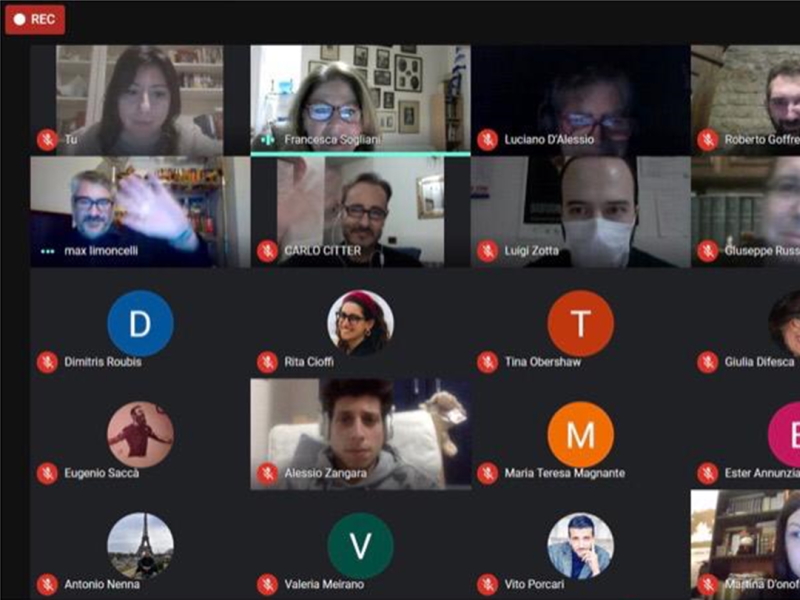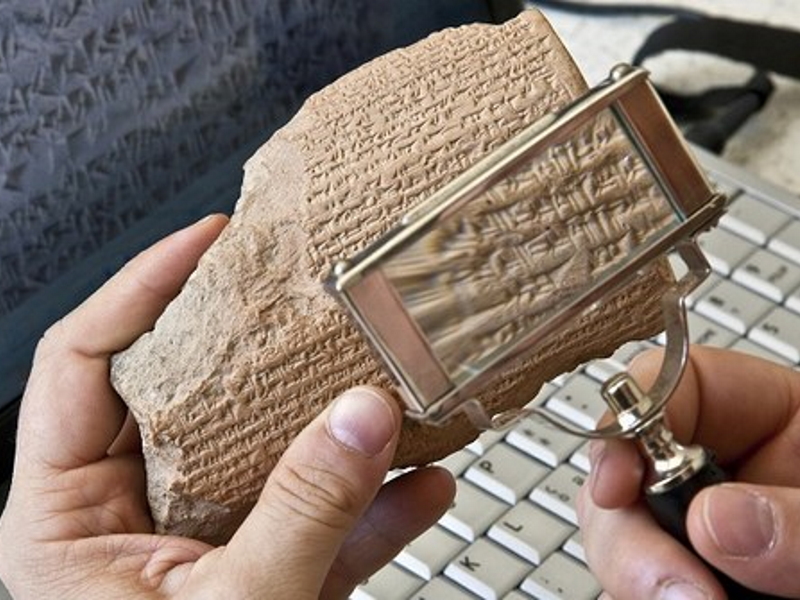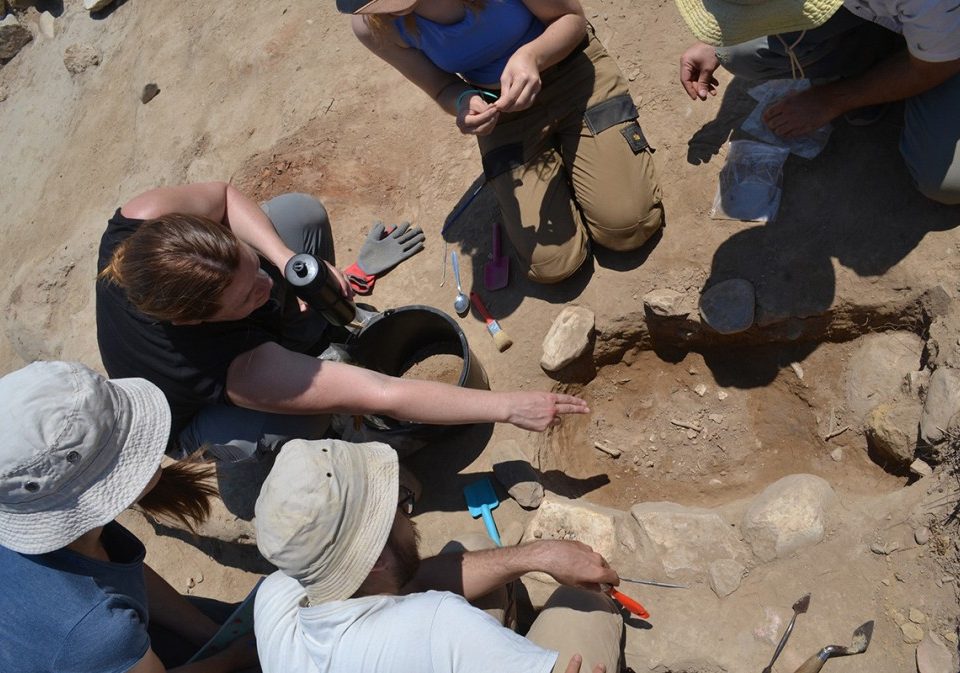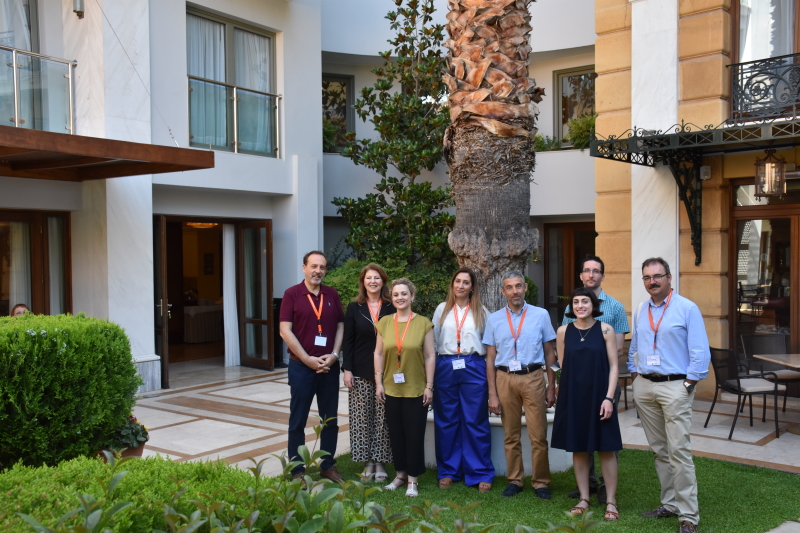On November 30th 2020, from 4:00 pm to 6:30 pm, the online workshop was organized by the School of Specialization in Archaeological Heritage of Matera (University of Basilicata) on the topic "DELTA Project – Digital Education through Learning and Training in Archeology. Digital technologies and tools in Archaeology" through the Google Meet platform. This workshop has been realized within the DELTA project whose goal has been to introduce students in Archaeology and the general audience to the preliminary results of the project, discuss with leading specialists and students the use of digital technologies during classes. A total of 163 people have attended the event, while 212 have been registered in the online form.
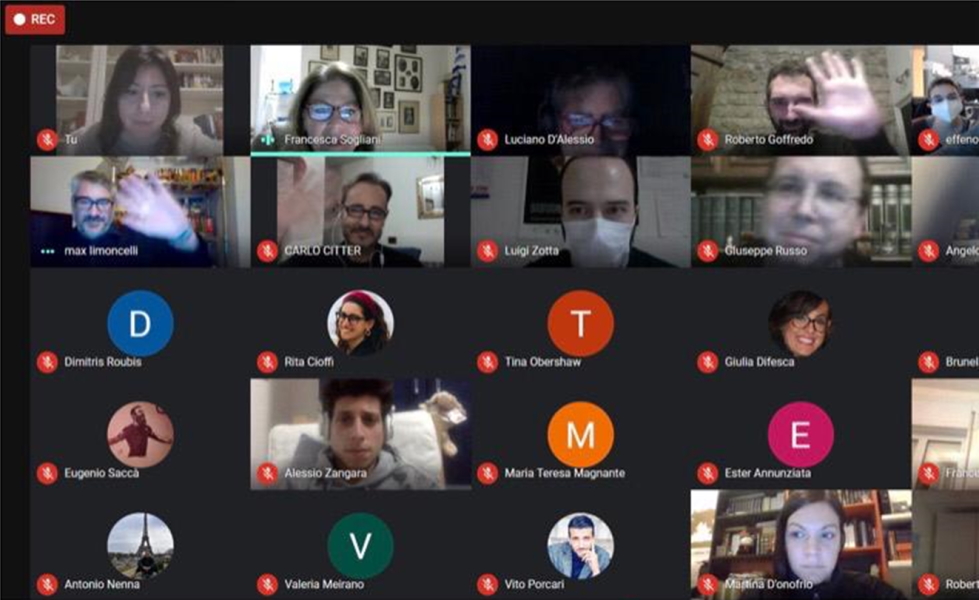
The programme of the event included a series of invited speakers with the following topics:
“New tools for new questions: spatial analysis case studies for landscape archeology” Carlo Citter focused on the use of digital resources for the reconstruction of the landscape (spatial analysis), presenting six case studies (the cases of the Tuscan thermal baths, the plains of Arena, the Frankish monasteries, Este, Roselle, Gravisca).
“Real restoration to preserve, virtual restoration to enhance: an evolving methodology” Massimo Limoncelli presented a report on virtual restoration (the set of integrated computer graphics methodologies, both two-dimensional and three-dimensional), intended not as an ideal reconstruction method for an artefact, but as a methodology for the verification and synthesis of analytical data.
“AR and VR technologies for dissemination: the archaeological heritage made accessible digitally” Michele Scioscia and Sara Lorusso talked about AR and VR technologies. They presented four products, made with AR (Inventum Game, Hold the Hut) and with VR (Multimedia Museum of the former Convent of San Domenico di Ferrandina and Pietragalla).
“Archeology and community: the Open Salapia Project” Roberto Goffredo presented Open Salapia, a public archeology project that involves a team of Italian-Canadian archaeologists in the area of the ancient Lake Salpi. The main objective is to contribute to the co-creation of a shared knowledge of the local territorial heritage understood as a "synergistic and non-divisible set of environmental, landscape, urban, cultural, social, economic values".

